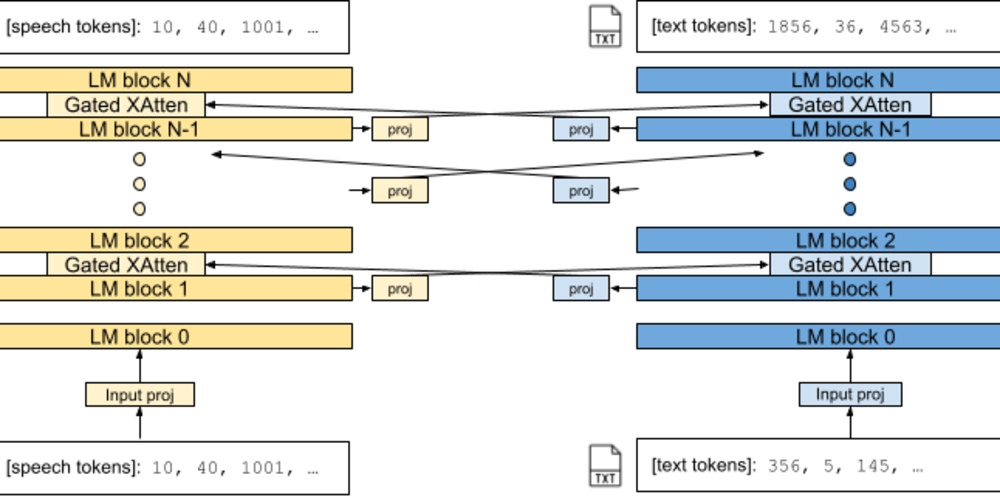FUNCTIONAL TESTING
- It verifys the operations and action of an application.
- It is based on requirements of customer.
- It helps to enhance the behaviour of the application.
- functional testing is easy to execute manually.
- Functional testing is based on the business requirement.
- functional testing ensure that the function and features of the application works properly
- functional testing can be done manually. functional testing is based on customer's requirement.
- Functional testing has a goal to validate software actions.
- A Functional Testing example is to check the login functionality.
- Functional testing is performed before the non-functional testing.
- It is easy to define functional requirements.
- Helps to validate the behavior of the application.
- Functional testing is carried out using the functional specification.
- It describes what the product does.
- Examples of Functional Testing Types 1.Unit testing 2.Smoke testing 3.User Acceptance 4.Integration Testing 5.Regression testing
NON FUNCTIONAL TESTING
Non-Functional Testing is defined as a type of Software testing to check non-functional aspects of a software application. It is designed to test the readiness of a system as per nonfunctional parameters which are never addressed by functional testing.**
1.It is performed after the functional testing.
2.It focusses on customer’s expectation.
3.It is difficult to define the requirements for non-functional testing.
- It’s very hard to perform non-functional testing manually.
- It is done to validate the performance of the software.
- This kind of testing is carried out by performance specifications
- Non functional testing describe the performance or usability of the software system.
- This kind of testing is carried out by performance specifications
- Examples of Non functional testing examples 1.Volume Testing 2.Scalability 3.Usability Testing 4.Load Testing 5.Stress Testing 6.Compliance Testing 7.Portability Testing 8.Disaster Recover Testing


















